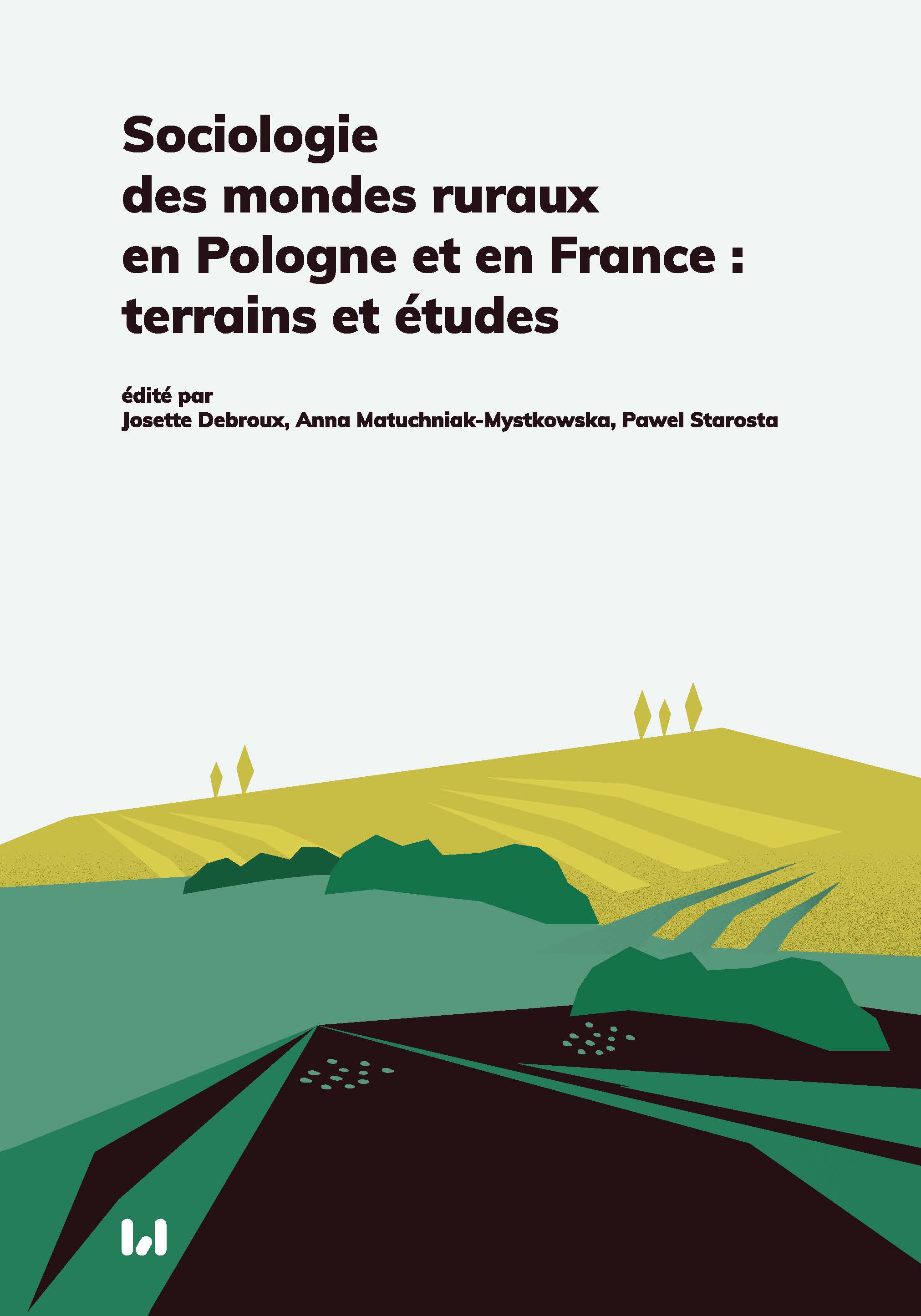Le « choix » d’une localisation résidentielle en zone périurbaine : une analyse par les trajectoires sociales
The 'choice' of a residential location in a peri-urban area: An analysis based on social trajectories
Author(s): Josette Debroux
Subject(s): Social Sciences, Sociology, Rural and urban sociology
Published by: Wydawnictwo Uniwersytetu Łódzkiego
Keywords: peri-urban; residential mobility; social position; social mobility; middle classes
Summary/Abstract: In the 1970s, peri-urban areas became the preferred location of the ‘new middle classes’. Those were the new professions, particularly in the fields of health and education, which appeared with the development of the welfare state. In peri-urban areas they could put into practice a ‘cultural model’ based on the living environment, sociability and involvement in local life. In the 1990s, in a transformed economic context, the image of the burgeoning 'middle classes' gave way to that of the downgraded, 'inward-looking' and 'weakened' 'middle classes'. The residential environment appears to constitute a point of stability to offset work uncertainty. Biographical interviews conducted with about forty individuals employed in two peri-urban communes in the Grenoble region which they do not originally come from, show that as a result of their life trajectory they share an ambivalent relationship with the group they belong to, despite diversity of their social positions. Broadly speaking, moving to a peri-urban area can consolidate a 'fragile' social position following upward social mobility that makes a new position uncertain or compensate for an unsatisfactory professional identity in case of a downgrade or interrupted upward mobility.
Book: Sociologie des mondes ruraux en Pologne et en France : terrains et études
- Page Range: 65-83
- Page Count: 19
- Publication Year: 2023
- Language: French
- Content File-PDF

